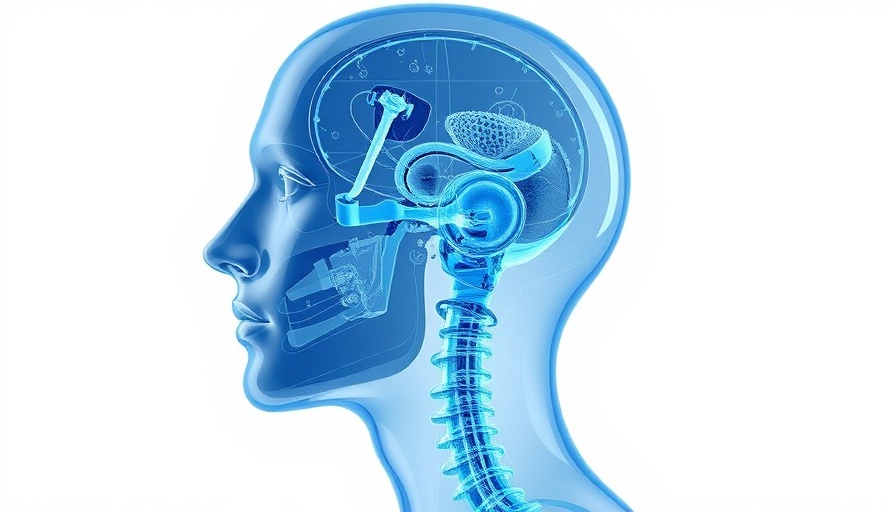
Understanding the Importance of Regular Health Screenings
Health screenings are an essential part of maintaining a proactive approach to your well-being, acting as an early warning system for potential health issues. As we age, each decade brings its own set of health concerns that require attention. These routine check-ups empower individuals to identify risks long before symptoms manifest, allowing for timely intervention. With a better grasp on what screenings are appropriate to discuss with your doctor, you can take charge of your health journey.
Critical Health Screenings in Your 30s: Laying a Strong Foundation
Your 30s are crucial for establishing the groundwork for a lifetime of health. Regular screenings can catch early signs of chronic conditions. Key tests during this decade include blood pressure checks to monitor heart health, cholesterol levels to flag potential risks, and blood sugar screenings to detect diabetes. Women should engage in discussions about Pap smears and HPV tests for reproductive health monitoring. Men, especially those with a family history of cancer, should consider testicular exams. Furthermore, routine eye exams and dental visits are critical for overall well-being. These proactive steps can significantly influence long-term health outcomes.
Health Screenings in Your 40s: Addressing New Changes
As you step into your 40s, your body begins to undergo changes necessitating a closer look at your health. Continuing regular assessments of blood pressure and cholesterol is vital. For women, yearly mammograms become crucial for breast cancer detection, while men should consider prostate screenings based on risk factors. The shift in recommendations for colon cancer screenings to start at age 45 highlights the importance of addressing this issue head-on. Additionally, maintaining vision health with proper tests will help catch early indicators of glaucoma and other conditions.
Health Measures to Take in Your 50s: Prevention is Key
Your 50s mark a phase where preventative care becomes even more significant. Key health screenings should now include more rigorous monitoring of blood pressure, cholesterol, and diabetes risks. Routine colon cancer screenings are vital, as are mammograms for women and discussions around prostate health for men. Bone density scans can help identify osteoporosis risks, especially in women post-menopause. Further, a hearing test may become relevant, as age-related hearing loss begins to surface. Regular eye exams can help monitor for conditions like glaucoma and macular degeneration.
Why Your 60s Are the Decade of Vigilance
Entering your 60s means staying vigilant in health management through consistent screenings. Routine checks on blood pressure, cholesterol, and diabetes should be a staple in your health regimen, while colon cancer screenings continue to play a vital role in early detection. For older men and postmenopausal women, bone density testing becomes essential to assess fracture risks.
Vision tests should be prioritized, and routine hearing exams can assist in catching gradual loss. It’s also important to include cognitive health assessments that may identify memory concerns early on, allowing for proactive management. Additionally, vaccinations, such as shingles and pneumonia shots, become recommended to protect against emerging health threats.
Confronting Health in Your 70s: Staying Ahead
In your 70s and beyond, the focus should shift towards continuity in health monitoring. While many of the screenings from previous decades remain applicable, it is also the time to be open about new health concerns. Regular screenings become less about just diagnosis and more about managing and sustaining vitality. Stay in communication with your healthcare provider to ensure all relevant screenings and discussions are up to date to keep your health on the right track.
Taking Charge of Your Health Journey
By understanding these decade-by-decade health screenings, you empower yourself to maintain a proactive stance on your health. These screenings are not just protocols; they are essential elements of a sustained healthy life. Don’t hesitate to speak to your doctor about the necessary screenings tailored for your age and personal health background. Your future self will thank you!
Contact your healthcare provider today to schedule your next health screening and ensure you’re on the right path for your health journey.
 Add Row
Add Row  Add
Add 




 Add Row
Add Row  Add
Add 

Write A Comment